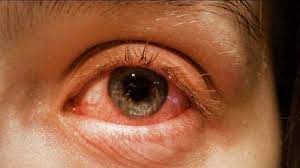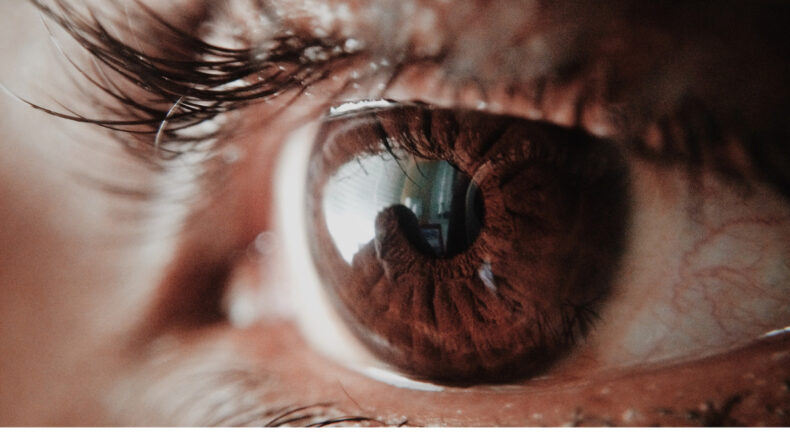Yes, conjunctivitis is rising in the Delhi NCR, with AIIMS reporting 100 cases daily. After flooding, a conjunctivitis outbreak has taken over the Delhi NCR; learn about the causes and how to stay safe.
This year’s monsoon season brought the Delhi NCR to a halt. Waterlogging was observed in many major places of the city as the Yamuna River’s water level surged. With the Yamuna crossing the dangerous water level, conjunctivitis has significantly increased in Delhi and parts of Gujarat. The situation deteriorated more fast towards the Yamuna River’s banks.

Expert comment:
Dr Tousif Akbari, ACMO, Ram Manohar Lohia Hospital, says, "It is reported that around 60% of eye OPD cases are of conjunctivitis, raising concerns among health workers. Although it's not a life-threatening disease, it involves the delicate organs, the eyes, that require our immediate attention. This eye condition usually lasts around 5 to 7 days."
How do you know it’s conjunctivitis?
Conjunctivitis, often known as pink eye, is an infection or inflammation of the Conjunctiva, a translucent membrane covering the eyeball’s white area. Infection with Adenovirus, the group of viruses that causes the common cold and other upper respiratory infections, is the most common cause of conjunctivitis. Common symptoms of conjunctivitis are:
- Itching
- Watery discharge with redness
- Discharge frequently hardens into a crust on eyelashes
Most of the time, viral conjunctivitis does not affect your vision, although, on rare occasions, you could notice blurred vision or glare when seeing lights.
How does conjunctivitis spread?
It spreads through direct or indirect contact with the fluid that drains from an infected person’s eye. Bacteria and viruses can move from one person’s hand to your own when you are in close proximity to another (touching, shaking hands). Touching your eyes after touching a surface contaminated with bacteria or viruses can potentially spread conjunctivitis.
Home Remedies for Conjunctivitis
There are no specific antibiotics or medications for conjunctivitis; nevertheless, it can be treated with care at home and supportive medications.

- Warm compresses and lubricants can help ease the discomfort associated with it.
- The most important factor is hygiene.
- Hands should be washed often.
- Do not touch your eyes.
- Share no towels, handkerchiefs, or blankets.
- Avoid wearing contact lenses.
- Do not attempt to self-medicate.
- Avoid going to public locations, especially public swimming pools.
Conjunctivitis Has Wreaked Havoc In Children This Monsoon
The relentless rains that have lashed the national capital and other states have increased conjunctivitis incidences among youngsters in Delhi and its surrounding districts. Many children in the city have been affected by the ailment, often known as pink eye, and have dealt with this contagious eye bug.
According to renowned eye specialists of Delhi NCR, conjunctivitis worsens during the monsoon season each year. Due to the persistent severe rains and flooding in numerous places, the illness appears to have spread significantly this time, with many patients presenting with the disease at the OPD.
The infection is highly contagious, especially among youngsters who interact with one another at school. Sharing personal belongings also facilitates the virus spread.
Many have remarked that the rising water level of the Yamuna River this year has aggravated the problem, resulting in a higher number of cases than in prior years.
Typically an increase in infection cases, including eye flu, is seen during late July and the first week of August. Diarrhoea and influenza cases are also on the rise at the same time. The increasing water level of the Yamuna this year has resulted in an increase in incidents compared to previous years. Floods have devastated districts surrounding Delhi and Greater Noida, providing a big challenge.













